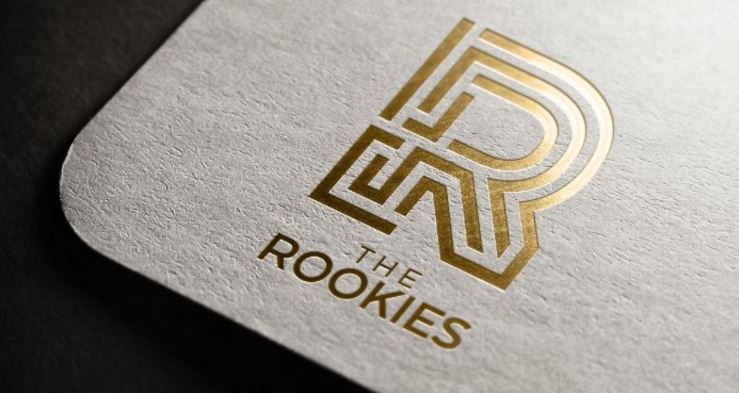Are schools failing Australia’s advertising industry?
A global survey says schools are failing Australia’s ad industry, churning out unprepared graduates en masse. Is the future of the industry endangered? Simon Canning speaks to industry leaders to find out if the situation is as dire as projected.
A global ranking of the quality of graduates emerging from schools feeding the advertising and production industry has revealed Australia is wallowing at the bottom of the pool, with students well behind the rest of the world, the ranking creators claim.
 The poor performance has raised the question of whether Australian schools, from the long-lauded AWARD School program to university courses and private education providers, are shortchanging the industry.
The poor performance has raised the question of whether Australian schools, from the long-lauded AWARD School program to university courses and private education providers, are shortchanging the industry.
Andrew McDonald, co-founder of The Rookies, which conducted the survey, says Australia compared poorly to the rest of the world, churning out too many job candidates, many of whom were poorly prepared for life in the industry.
The survey ranked the submissions of 1800 students from 500 schools in 77 countries including the US, the UK, Singapore, Europe, Canada, New Zealand and Australia.


I’m with Jon Steel on this. A vocational degree should in no way be a pre-requisite for a career in advertising.
Agencies and the industry should focus on hiring bright, talented graduates who have a passion for the industry and have proven in their degree or their life to that point that they can think, reason and form coherent arguments.
Then they should inspire, focus, train and challenge them.
You don’t attract talent by paying $40k (at best) for a grad. Saved you the thousand words.
There’s a reason the best and brightest stray away.
A very good point Mrs / Mr Housekeeper
I just swapped from an entry level role at a media agency side to client side and during handover two staff members told me they would never work agency because of the poor pay and hours expected. These staff members are exceptional at their jobs but chose to start their careers and stayed on client side for that very reason. My pay is significantly higher at my new job. When people do overtime they actually ask why and redelegate workloads or let you leave early once it cools off to make up for it – maybe agency side should try caring about this work life balance thing.
Agree with Jon and Nick.
There is always a period of adjustment into the industry, which is why it’s a shame that too often it’s a case of unpaid internships for those who can afford to be in them.
It’s not enough that this industry exploits and injures graduates through extended unpaid internships (masquerading as gaining experience) it also needs to insult them to reinforce this narrative. Money for old rope.
In an industry that is fighting tooth and nail for parts of an ever shrinking pie we see “interns” or $40k employees handling things that are outside of their knowledge level.
Where does it end?